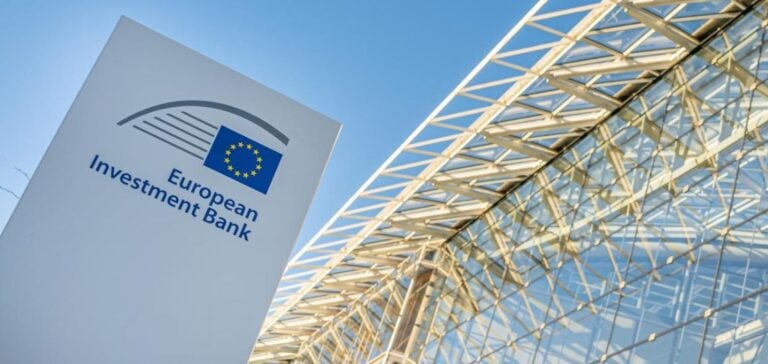The European Investment Bank (EIB) is strengthening its presence in Southern Africa with the opening of a regional hub in Pretoria, South Africa.
The new facility aims to increase financing for strategic infrastructure and energy projects in fourteen countries in the region, including those in the Indian Ocean.
The hub will serve as a base for developing stronger partnerships with local players, improving investment coordination and reinforcing the reach of the European Union’s Global Gateway strategy, which focuses on sustainable infrastructure investment and private sector partnerships.
Increased support for infrastructure and energy projects
With this new hub in Pretoria, the EIB aims to step up its support for infrastructure projects, particularly in the energy, water and transport sectors.
The aim is to finance initiatives that meet pressing needs for basic services, while facilitating economic development and regional integration.
The bank emphasizes cooperation with local partners, including governments, regional development banks and private companies, to structure projects tailored to local challenges.
These investments cover both direct financing and co-financing, in collaboration with institutions such as the Development Bank of Southern Africa (DBSA).
The new financing announced by the EIB includes an envelope of 300 million euros, which, when supplemented by South African partners, will reach 600 million euros.
These funds are intended for the private sector to support energy production projects, including solar and wind power installations, and to upgrade existing infrastructure.
This initiative is part of the Just Energy Transition Partnership (JETP), which aims to steer South Africa’s energy sector towards a greater diversity of energy sources, thereby reducing dependence on fossil fuels.
Developing Public-Private Partnership Capacities
The Pretoria hub will serve as a base for a team of investment experts, policy analysts and economists, working in coordination with experts at ISB headquarters in Luxembourg.
This team will focus on creating strategic partnerships with local banks, development agencies and private companies to structure projects requiring substantial financing and advanced technical expertise.
This public-private partnership model is crucial to raising the necessary funds and mobilizing local resources, while ensuring that projects are viable and meet market needs.
Discussions with local stakeholders and governments are aimed at identifying strategic projects with high economic and social impact.
Financing will be provided for a variety of initiatives, ranging from the modernization of electricity infrastructures to the construction of new renewable energy production facilities.
The aim is to improve the reliability of South Africa’s electricity network and meet the challenges posed by growing energy demand.
A Strategy Aligned with Regional and European Priorities
The opening of the Pretoria hub is part of ISB’s wider strategy to increase its influence on the African continent.
The hub joins ISB’s existing regional offices in Nairobi, Abidjan and Cairo, covering East, West and North Africa respectively.
These offices enable better coordination of projects with local and regional institutions, while ensuring that investments are in line with local development priorities and European Union objectives.
Since the start of its operations in Africa in the 1970s, the EIB has provided financing for a wide range of projects, from transport networks to health infrastructure.
The aim is to support sustainable economic development and strengthen local capacities, notably through investment in small and medium-sized enterprises and telecommunications projects.
Future prospects and the challenges of investment projects
The extension of ISB’s presence in Southern Africa, through the Pretoria hub, aims to overcome several challenges.
These include the need for a stable regulatory framework, effective governance, and coordination between local partners.
Direct engagement on the ground via this hub is seen as essential to navigating these complex environments and facilitating the development of high-impact infrastructure projects.
Next steps for ISB will include identifying new funding opportunities, mobilizing local and international partners, and rigorously managing the associated financial risks.
Projects will need to be carefully selected to ensure their profitability and relevance to the region’s economic and social needs.






















